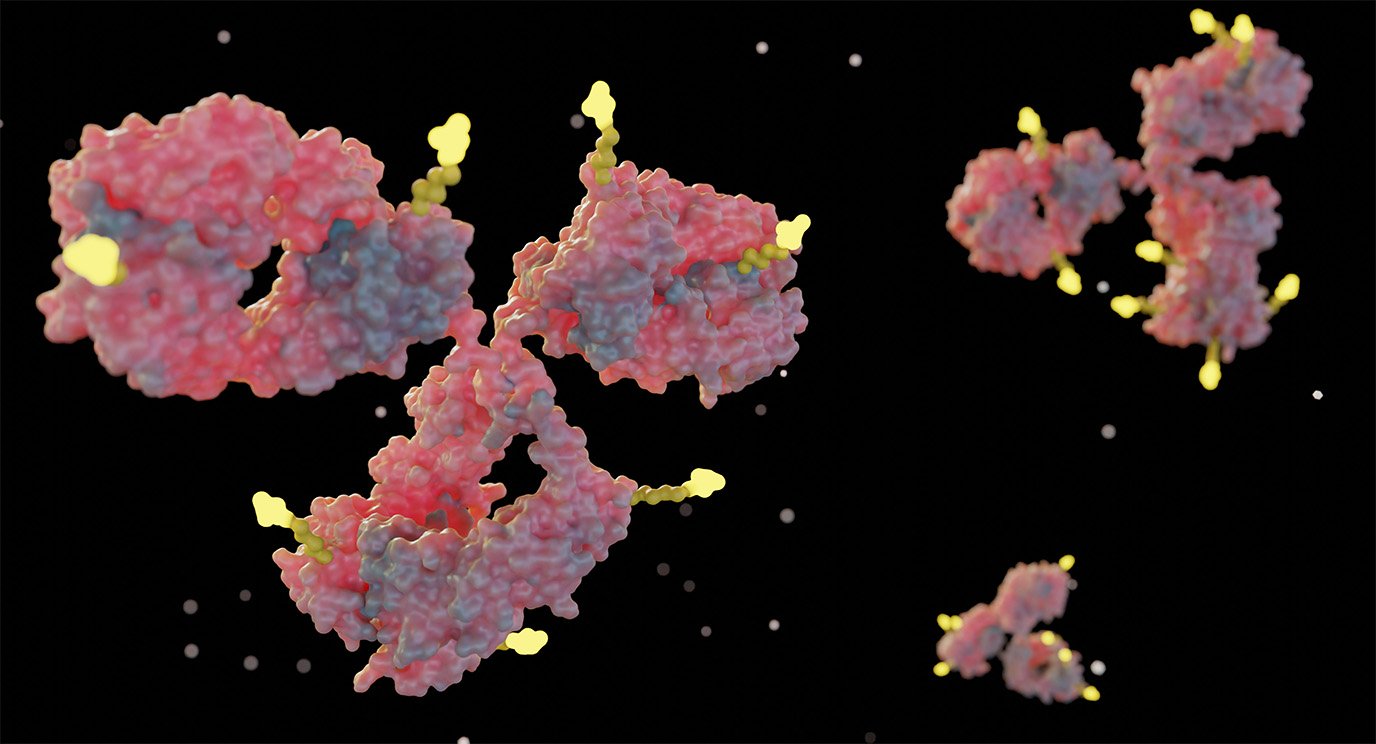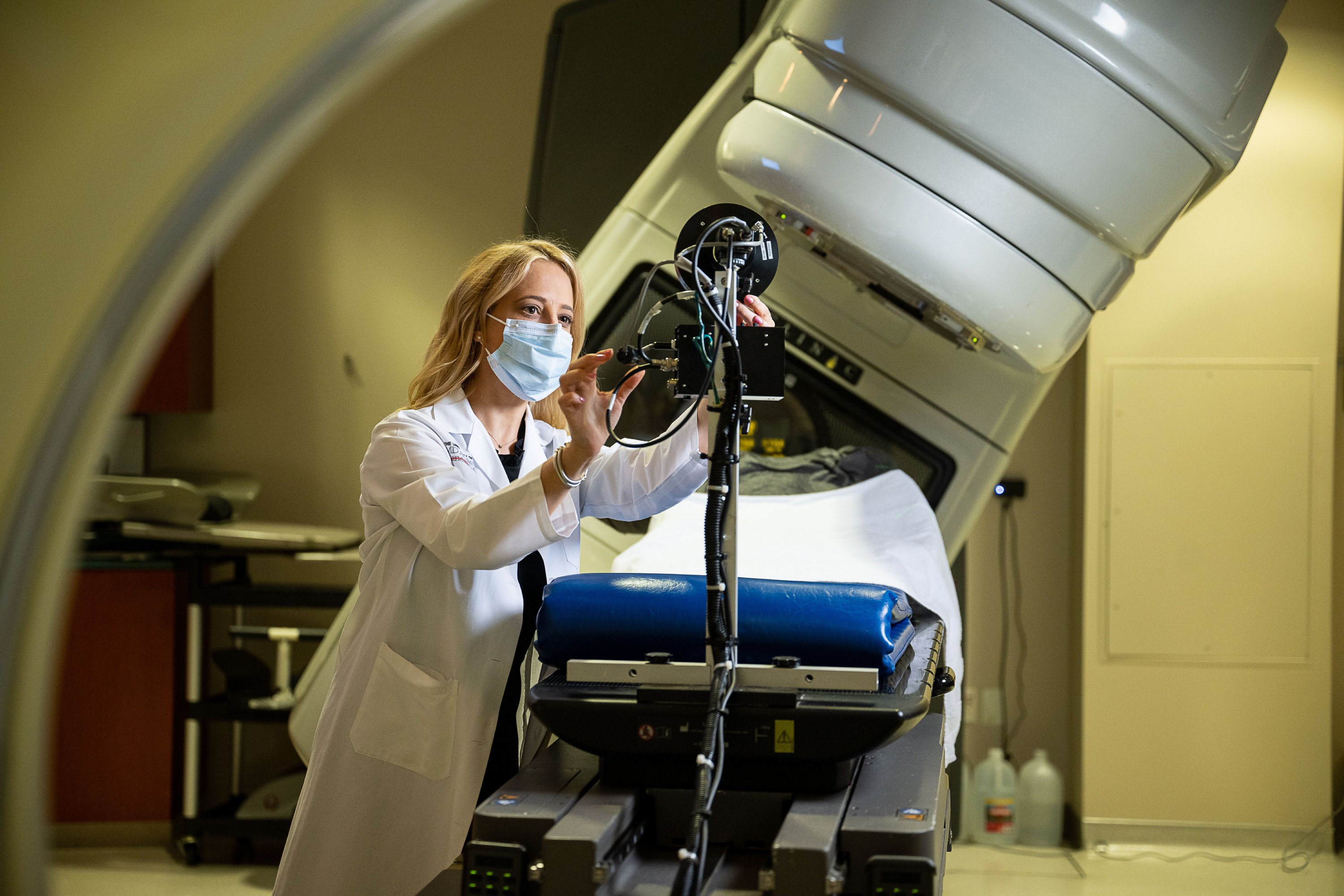- Diseases
- Acoustic Neuroma (14)
- Adrenal Gland Tumor (24)
- Anal Cancer (66)
- Anemia (2)
- Appendix Cancer (16)
- Bile Duct Cancer (26)
- Bladder Cancer (68)
- Brain Metastases (28)
- Brain Tumor (230)
- Breast Cancer (718)
- Breast Implant-Associated Anaplastic Large Cell Lymphoma (2)
- Cancer of Unknown Primary (4)
- Carcinoid Tumor (8)
- Cervical Cancer (154)
- Colon Cancer (164)
- Colorectal Cancer (110)
- Endocrine Tumor (4)
- Esophageal Cancer (42)
- Eye Cancer (36)
- Fallopian Tube Cancer (6)
- Germ Cell Tumor (4)
- Gestational Trophoblastic Disease (2)
- Head and Neck Cancer (6)
- Kidney Cancer (124)
- Leukemia (344)
- Liver Cancer (50)
- Lung Cancer (288)
- Lymphoma (284)
- Mesothelioma (14)
- Metastasis (30)
- Multiple Myeloma (98)
- Myelodysplastic Syndrome (60)
- Myeloproliferative Neoplasm (4)
- Neuroendocrine Tumors (16)
- Oral Cancer (100)
- Ovarian Cancer (170)
- Pancreatic Cancer (164)
- Parathyroid Disease (2)
- Penile Cancer (14)
- Pituitary Tumor (6)
- Prostate Cancer (144)
- Rectal Cancer (58)
- Renal Medullary Carcinoma (6)
- Salivary Gland Cancer (14)
- Sarcoma (236)
- Skin Cancer (296)
- Skull Base Tumors (56)
- Spinal Tumor (12)
- Stomach Cancer (60)
- Testicular Cancer (28)
- Throat Cancer (90)
- Thymoma (6)
- Thyroid Cancer (98)
- Tonsil Cancer (30)
- Uterine Cancer (78)
- Vaginal Cancer (14)
- Vulvar Cancer (18)
- Cancer Topic
- Adolescent and Young Adult Cancer Issues (20)
- Advance Care Planning (10)
- Biostatistics (2)
- Blood Donation (18)
- Bone Health (8)
- COVID-19 (362)
- Cancer Recurrence (120)
- Childhood Cancer Issues (120)
- Clinical Trials (628)
- Complementary Integrative Medicine (24)
- Cytogenetics (2)
- DNA Methylation (4)
- Diagnosis (230)
- Epigenetics (6)
- Fertility (64)
- Follow-up Guidelines (2)
- Health Disparities (14)
- Hereditary Cancer Syndromes (124)
- Immunology (18)
- Li-Fraumeni Syndrome (8)
- Mental Health (118)
- Molecular Diagnostics (8)
- Pain Management (62)
- Palliative Care (8)
- Pathology (10)
- Physical Therapy (18)
- Pregnancy (18)
- Prevention (898)
- Research (392)
- Second Opinion (74)
- Sexuality (16)
- Side Effects (604)
- Sleep Disorders (10)
- Stem Cell Transplantation Cellular Therapy (216)
- Support (404)
- Survivorship (322)
- Symptoms (184)
- Treatment (1776)
Depression during cancer treatment: When it’s more than the blues
3 minute read | Published July 23, 2018
Medically Reviewed | Last reviewed by an MD Anderson Cancer Center medical professional on July 23, 2018
We all experience sadness, stress and anxiety sometimes. A cancer diagnosis can amplify these feelings, with the stress and anxiety it adds to your daily life and relationships. But in some cases, prolonged feelings of sadness, stress and anxiety might be more than the blues. They may be signs of clinical depression.
With one in three people experiencing a major depressive episode in their lifetime, clinical depression is more common than many people realize. And a major life event like a cancer diagnosis and cancer treatment – whether your own or that of a loved one – can trigger it. In fact, as many as 25% of cancer patients are dealing with depression.
Watch for these signs of depression
How can you tell when you are experiencing clinical depression vs. when you’re struggling with grief, sadness or even sleep deprivation?
If you’re dealing with at least four or more of the following symptoms every day for two weeks or longer, it’s time to talk to your doctor.
- Loss of pleasure or interest in normal activities you once enjoyed, such as hobbies, socializing and/or sex
- A change in appetite
- Difficulty paying attention or concentrating
- Feelings of hopelessness
- Difficulty making decisions
- Inability to concentrate, focus or remember things
- Feeling worthless
- Increased agitation, anxiety and restlessness
- New physical complaints, such as headaches, stomachaches, or muscle pain
- Lack of energy
- Change in sleep habits
- Feeling a sense of doom or preoccupation with thoughts of death
- Thoughts of harming yourself
It’s worth noting that many of these symptoms – such as insomnia, a foggy memory, fatigue and appetite changes – are also common side effects of cancer treatment. But if you’re experiencing multiple symptoms every day for at least two weeks, it’s important to talk to your doctor about them. Even if they ultimately don’t add up to be depression, your doctor can help you find ways to cope with them.
Get help with depression
Depression can be scary, and for many people, it can be difficult to talk about. But depression – like cancer – isn’t a disease you should try to fight alone. By taking the time to talk to your health care provider about the symptoms you’re experiencing, you’re taking the first step to getting the support you need. And, if it helps, talk to a friend or family member, and ask them to go to your appointment with you.
Your doctor may prescribe mediations, such as antidepressants. Your doctor will determine which type of medication is best after your evaluation. Your doctor may also encourage you to seek counseling so you can talk through your challenges with a professional therapist.
In conjunction with medication and/or therapy, your doctor may also encourage you to adopt healthy lifestyle habits, such as:
- maintaining a balanced diet
- regular physical activity
- finding ways to manage your stress
- planning for uninterrupted regular sleep
- limiting alcohol intake
- leaning on your support network, such as family, friends and support groups
Pets can also offer comfort, companionship and love during difficult times, as can spending time outdoors.
Don’t suffer alone
Depression is treatable medical condition, and you don’t need to suffer alone.
At MD Anderson, our medical team frequently works with patients and caregivers facing depression and is ready to help. Our social work counselors are available to help patients and caregivers cope with depression, and experts in our Psychiatric Oncology Center specialize in treating depression and anxiety. Your MD Anderson care team can provide you a referral or point you in the right direction to get you the help you need.
So, if you suspect you are depressed, we urge you to speak up.
Pamela J. Schlembach is a radiation oncologist at MD Anderson in The Woodlands.
Request an appointment at MD Anderson online or by calling 1-877-632-6789.
Related Cancerwise Stories

Clinical depression is more common than many people realize.
Pamela J. Schlembach, M.D.
Physician





